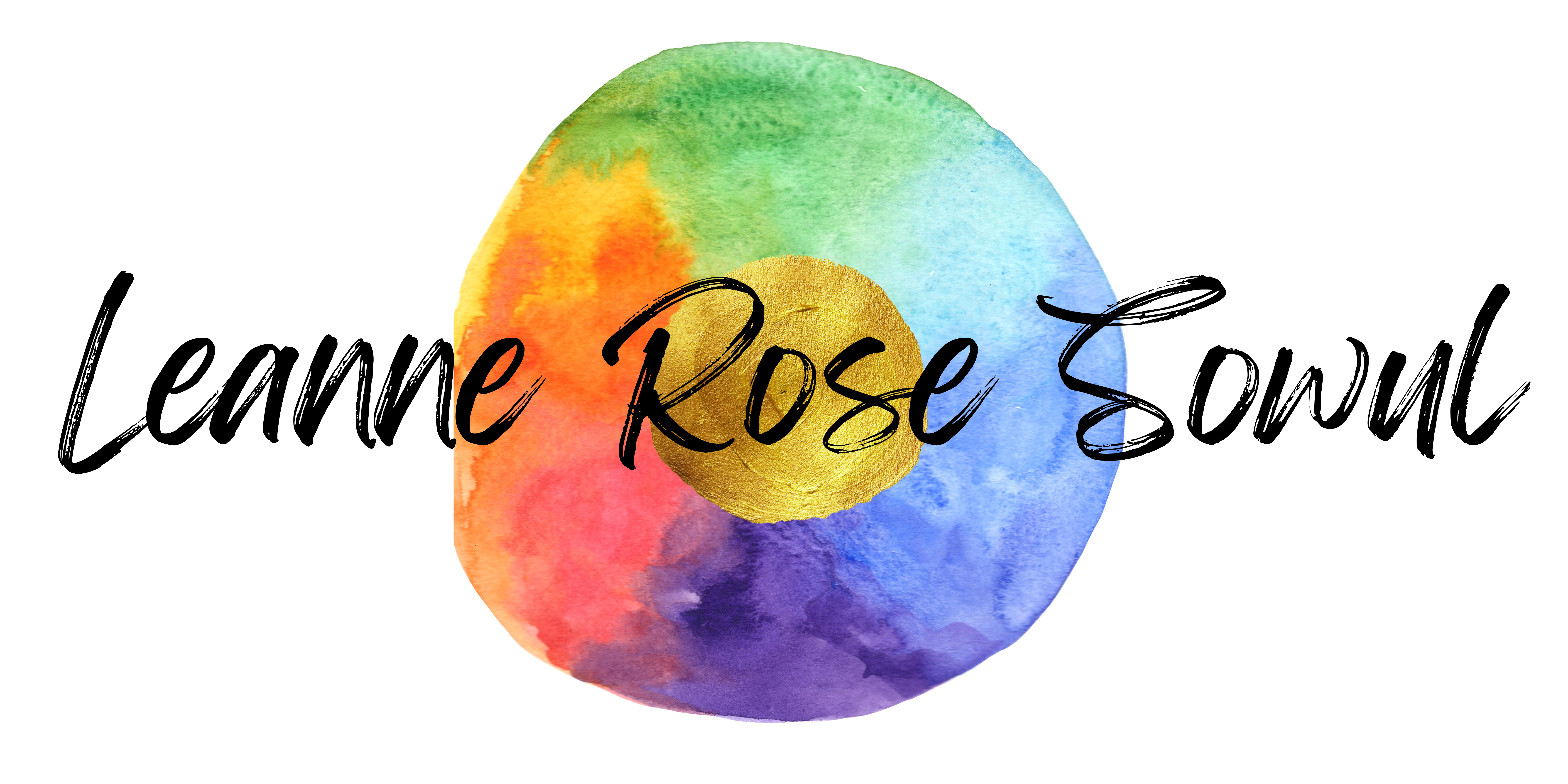They say if you want something done, ask the busiest person you know, because that person knows how to work smarter, not harder. In American society, we often brag about the amount of time we spend working: “I put in sixty hours a week;” “I can get by on five hours of sleep.” But people who brag about time spent are not necessarily the people getting the most done. Longer hours does not always equal high-quality work. Neither does working with depleted body and brain resources.
The “What” Matters More Than The “How Much”
As a music teacher, I use practice charts on a regular basis. For years, I assigned grades for these charts based on the amount of time practiced (or at least what the kid/parent claimed on the chart). Then I realized that this made no sense. Does a math teacher care how much time it took her student to complete the assignment? Does she even ask? So I started telling my students that I didn’t care how much time they spent as long as they: (1) picked up their instruments most days of the week, and (2) come to their next lesson with the assignment prepared. Guess what? My kids started practicing better and showing up knowing more of the assignment. As soon as I focused on what they were doing, instead of tracking the meaningless amount of time spent, quality went up.
That’s the key to productivity: utilize high-quality time. Eliminate distractions, and work deeply.
How To Work Smarter, Not Harder
I’m sure most of my long-term readers know that I’m a productivity/process junkie. I’m always trying to tweak my work process to get the best results. Here’s how high-quality work time looks for me these days:
- Phone on silent. Text alerts off on the computer.
- Quiet space (or as quiet as I can get with two kids, two cats and no dedicated office).
- A specific goal in mind, whether it’s writing steadily for a certain amount of time, or writing one scene, or completing a blog post. (Key: I pre-plan what I’m going to accomplish each day. Sundays are for planning. Monday-Friday are for producing work. Saturdays are for resting.)
- Do ONLY that one thing, and when I’m done, move onto the next thing with resolve.
- Allow space throughout the rest of the day for creative thoughts. Don’t automatically go into distraction-mode without checking if my brain really needs it. (Sometimes I really do need a Netflix distraction; sometimes I’m just defaulting. It takes a little practice to know the difference.)
- Repeat these steps every single day, even if it’s just for a short time, so that my brain gets into the habit of immersing itself into deep-work mode whenever I require it.

Of course, time does matter. You can’t produce something by investing zero minutes a day. But you can with thirty minutes, or even fifteen, if they’re distraction-free. I can write a blog post in about thirty minutes now. Most of my posts are 500-600 words, and that thirty minutes includes formatting, SEO, and picture-finding. But it only works if I use the high-quality work methods outlined above.
And If You Want To Learn More…
This week, at DIY MFA, I published a post called “Four Rules for Eliminating Distraction and Cultivating Deep Work.” It’s a compilation of lessons I learned from reading Cal Newport’s book, Deep Work. If you click over to the post, you’ll learn even more about this style of high-quality, smarter-not-harder work.
What are your tips for “work smarter, not harder?”


YES! That’s how I approach my writing and reading — as long as it gets done and done well, time expended is not important….energetic engagement wins every time.
Oooh, “energetic engagement…” I love that phrasing! I might steal that from you, Louise!
I loved hearing about your work process–I am still, or rather, again–honing mine. I’ve noticed that when I preplan what I’m going to do in a certain time block, I’m much more productive. I’m going to click on over to your linked post for a brush up on reducing distractions. I loved Deep Work when I read it.